“Overall, I Don't Think Social Media Has Had a Positive Effect on Dating for My Generation”
An Interview with Two Young Adult “Experts” on Dating in the Digital Age
Social Media is both a blessing and curse for young people, as humans of any generation would agree. Social media creates connections, job opportunities, information, and (sometimes) uplifting content. Of course, there’s an enormous negative side as well, representing the struggle adults have with how much time teenagers spend on their phones.
As someone who has been writing and talking about sexual ethics and teens for years, it was a gift to hear directly from a young man and woman who offered a retrospective take on their high school experience. Both had a lot to say about the impact of social media on their life and relationships.
Andrea and Nathan (whose names have been changed to protect privacy) were articulate, honest and clear, but also wise. Reviewing their responses served to highlight the positive aspects to social media, pointed out by each, but also made the challenging aspects more concerning.
Here are a few of my questions and what they had to say in response:
QUESTION #1: What do you see as some of the major strengths of your generation in responding to dating culture, especially given the influence of social media?
From Andrea Randolph, age 22:
“I think our generation is able to date more freely than past generations, there is less pressure to settle down and find your one true love. People of my generation are also more open to different types of relationships which I think is good.
“Social media does allow for characteristics of unhealthy relationships to be communicated widely and people are able to reach out and find support via social media if they are in an unsafe relationship, but overall I don't think social media has had a positive effect on dating for my generation.”
From Nathan Sawyer, age 19:
“I think that one of the significant strengths of my generation is knowing when to stop relationships when they’re no longer healthy. I believe that these days there is so much more communication, primarily online on social media, and people opening up about their abusive relationships/making videos about possible red flags or alarming behavior of their partners. This communication and support is what many people are missing when they don't have the power to break up with an abusive partner, and I think it helps a lot.
“But there is a lot of glorification of relationships online, and there can be a lot of unhealthy precedents because of this. The two main issues I see online are the idealization of relationships and the formation of unrealistic standards for a relationship.
“For idealization, we are told from a very young age (either through culture or mainly social media) that we should be in a relationship or that we need to be in a relationship to be happy, which is incredibly false.
“The rush to get into a relationship is causing worse relationships to come to pass because this sentiment implies that the other person is going to fix your life. It is the complete opposite, however. You should improve your life before you get into a relationship to be the greatest partner possible and co-pilot.
“As for the unrealistic standards, I see a lot of content that my friends share or look at that promotes the idea of a prince charming or even someone acting as a caretaker in a relationship. In reality, there will be squabbles and rough patches in a relationship; there are times when you’re going to be mad at your partner, and there is no perfect relationship. You will be sorely disappointed if you enter a relationship expecting perfection (like so many people online do because they’ve only experienced love through a screen).”
QUESTION #2: If you had a magic wand, what would you change about the social/sexual culture for young people, especially those in high school?
From Andrea:
“I would get rid of social media. There are trust issues, since so much can happen over social media that can remain hidden. I also think the value of dating is diminished by people's ability to text constantly. People are sexualized all over social media which promotes insecurities and also false realities about what bodies should look like and how people should act in relationships, especially when thinking about gender roles.”
From Nathan:
“I think that the best thing parents can do is, in tandem with the school system, educate their kids on protecting themselves sexually (birth control, condoms, consent) and also to let their kids know that what they are feeling is natural and encouraging them to explore with the knowledge that their children can ask them anything.”
I’m immensely grateful to Andrea and Nathan for gifting me their wisdom. At Be Strong, Be Wise, we want to hear from the new generation as we respond to their call for more education for today’s youth. If interested in information on our courses and philosophy, visit: https://www.bestrongbewise.com.

